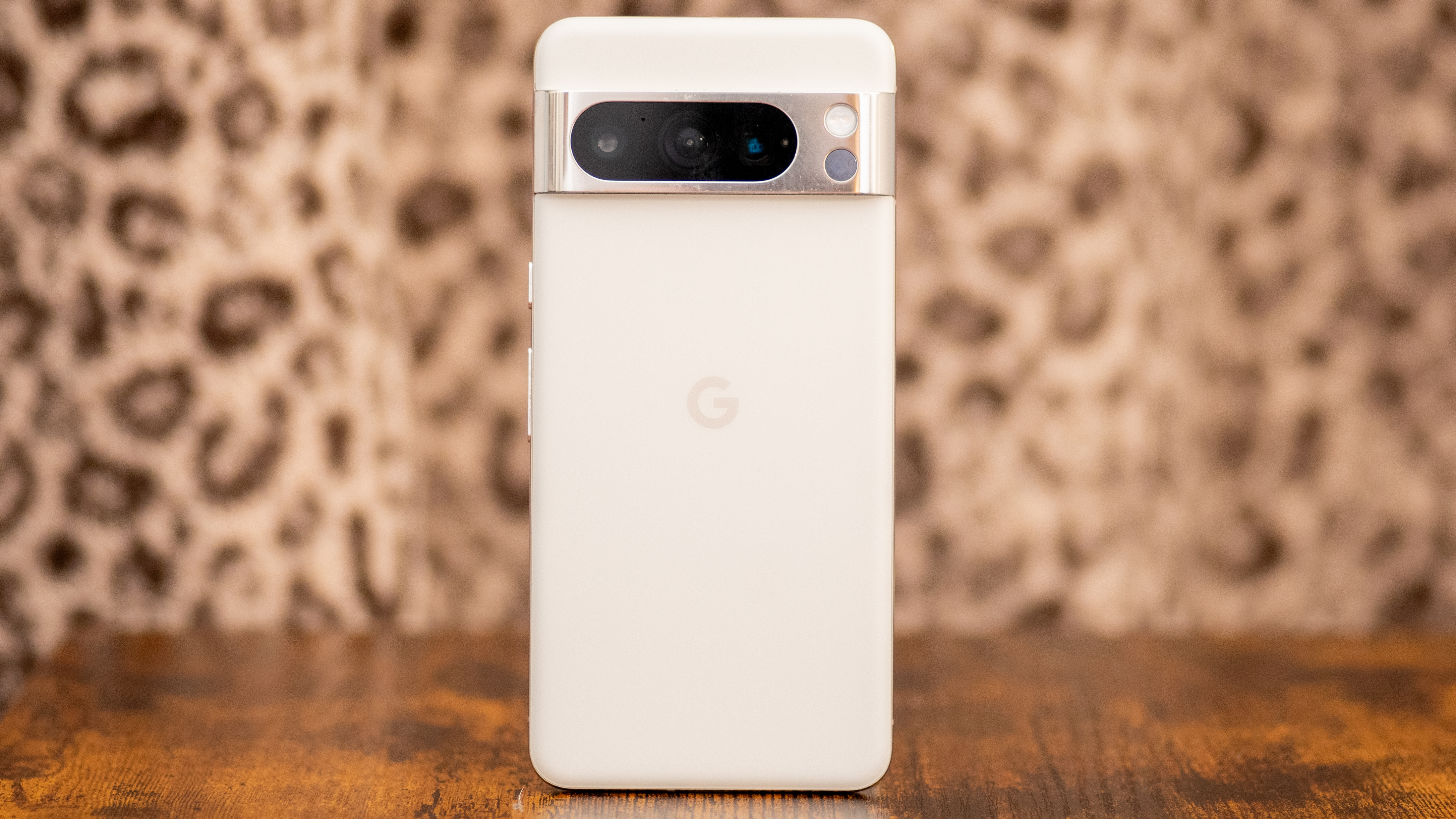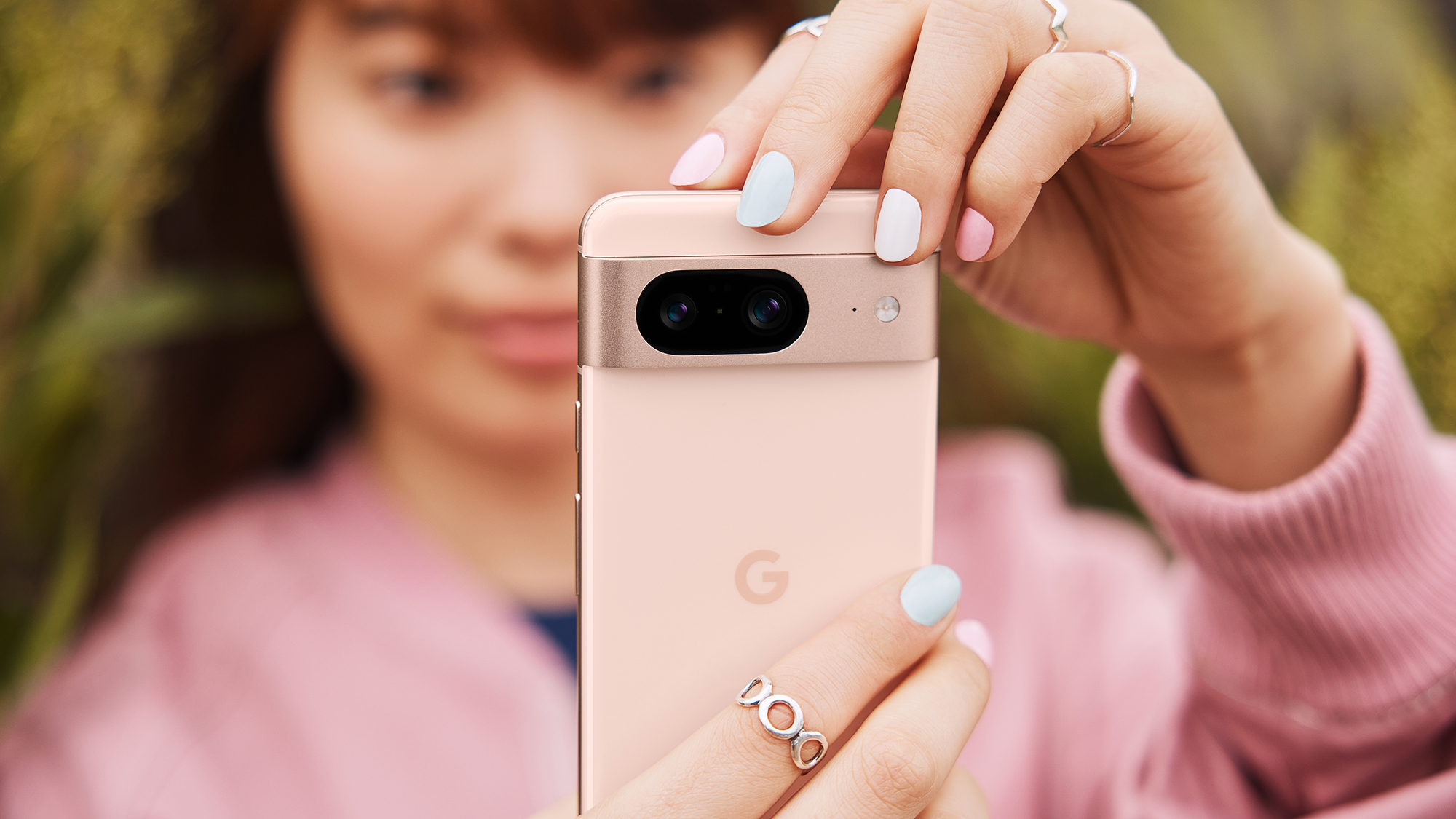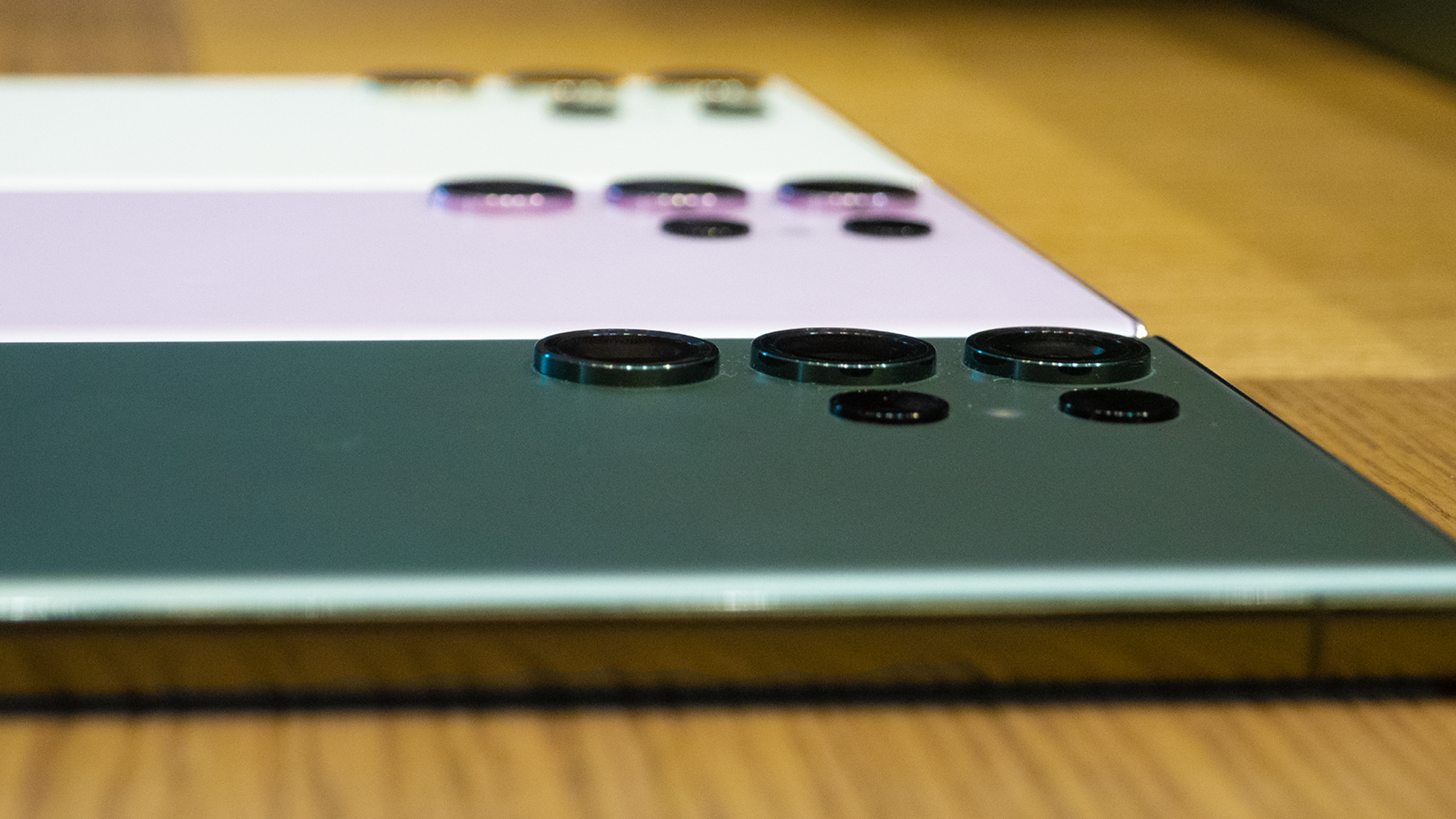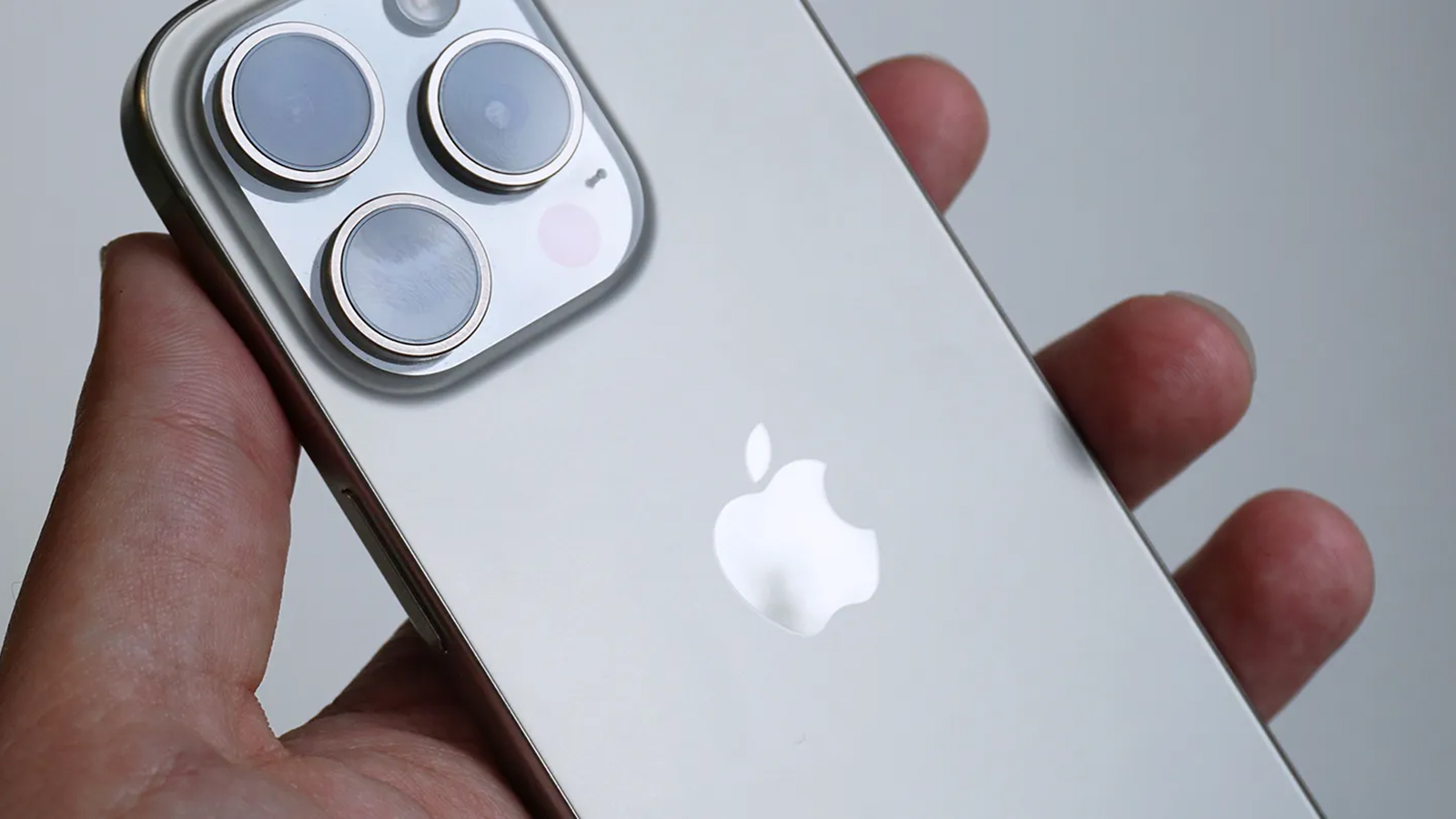How the Samsung Galaxy S24 Ultra could be a better Android than Google's Pixel 8 Pro
Long term support would be a good start

Sign up for breaking news, reviews, opinion, top tech deals, and more.
You are now subscribed
Your newsletter sign-up was successful
The Google Pixel 8 Pro is the most important phone Google has created in years. While the Samsung Galaxy S23 Ultra is the best phone you can buy overall, for Android fans who want the ‘pure’ Google experience, the Pixel 8 Pro is the ultimate. It also comes in a very nice shade of blue. We know that Samsung’s next great flagship, the rumored Galaxy S24 Ultra, is coming soon, so how will it compare to Google’s current best? Here’s what I think we should expect.
It’s hard to compare Pixel phones with Samsung phones because they launch at opposite ends of the year. Samsung’s Galaxy S-series flagship phone usually launches in early February. The Google Pixel 8 launched in October this year, around the same time as the iPhone 15 and Samsung’s more eccentric foldable phones. The Galaxy S23 was already old news.

Being a newer phone, the Pixel 8 should be a better phone than the Galaxy S23. It should have a faster processor, more advanced display technology, and maybe faster networking. Yes, mobile technology moves that fast.
In fact, it nails two out of those three, with the best and brightest display I’ve ever seen on a phone, and Wi-Fi 7, which isn’t even officially a finalized standard. As for that faster processor? Not so much.
That puts the Pixel 8 at an early disadvantage against the Galaxy S24, which is expected to have access to the Snapdragon 8 Gen 3 chipset at all model option, meaning the Pixel 8 Pro, which uses the same Tensor G3 chip as its smaller sibling will doubtlessly underperform against the Galaxy S24 Ultra.
We’re also hearing that Samsung’s Galaxy S24 Ultra display will push new limits of peak brightness on a phone. Frankly, if Samsung’s next great phone doesn’t have a better display than Google’s ‘Super Actua’ display on the Pixel 8 Pro, I’ll be dumbfounded. After all, Samsung Display, a separate Samsung division, makes the Pixel screen, and it must have improved its tech since Google started manufacturing.
It's all about the cameras, right?
I haven’t mentioned cameras, because Google and Samsung take a very different approach to photography on their flagship phones. You may think the biggest difference is the main camera. The Pixel 8 Pro only packs 50MP, while the Samsung sports a whopping 200MP sensor. Big difference, right? Not so much.
Sign up for breaking news, reviews, opinion, top tech deals, and more.
While both sensors are divided into a different number of pixels, they are actually the same size. Both are roughly three quarters of an inch in total area. The final images they produce should be close in quality, depending on how they process those pixels.

It’s the other cameras where we see a bigger difference. Samsung uses tiny sensors on its zoom cameras. It may brag about 10x optical zoom, but the sensor on that camera is very small; the main sensor is more than seven times larger than either of the zoom cameras.
Google, on the other hand, gives both its ultra wide and its 5x optical zoom lens have large sensors, around twice the size of Samsung’s zoom camera. Does that make a big difference? Samsung seems to think so. We’re hearing that when the Galaxy S24 Ultra launches, it will have a much bigger sensor on the telephoto zoom camera. In fact, rumors suggest it will be just a bit bigger than what Google is using.
What’s also notable is that Samsung seems to be shrinking the optical zoom on its upcoming Ultra, if rumors pan out. If Samsung pulls back to only 5x zoom, with a sensor only a bit larger than the Pixel 8 Pro, I have to wonder if the Galaxy S24 Ultra will be able to retain its best camera phone crown.
Durability and long term support are most important
No matter what Samsung adds to the Galaxy S24 Ultra, if it doesn’t offer the same level of support that Google is offering, I’ll be suspicious of its confidence in its own device.
By offering seven years of major operating system updates for the Pixel 8, let alone the Pixel 8 Pro, Google is saying that its Tensor G3 chipset is powerful enough to handle the future, and extensible enough to grow into the new AI world that is being thrust upon us.
Finally, Samsung could be using titanium this year to take on Apple’s best iPhones. While I love the new colors and finish on the Pixel 8 Pro (I’m even happy with my choice of cream over bay blue), you can’t beat the amazing titanium feel of the iPhone 15 Pro. It’s sturdy, light, and sleek as a spaceship. A Galaxy S23 Ultra with a beautiful titanium frame could be a phone to admire.

I can speculate on the faster performance of the Snapdragon 8 Gen 3 versus the Tensor G3. I’m sure it will smoke Google’s silicon in gaming and raw power.
I can wonder at Samsung’s feature set, including rumored AI features that will edit photos as you shoot, taking on Google’s Pixel-exclusive AI photo editing.
I can test the displays to see which is brighter, and I’m sure both are going to be brilliant.
What’s more important to me is longevity and durability. What’s most important at the end of the day is the end of the day, and then the next day, and every day after that for the next two, three, or five years you own your phone. You want to pass it along to somebody else, or sell it later to buy something new. A phone with long term support and the latest software will always be more valuable down the road than a new phone that is unsupported and easy to break.
You might also like

Starting more than 20 years ago at eTown.com. Philip Berne has written for Engadget, The Verge, PC Mag, Digital Trends, Slashgear, TechRadar, AndroidCentral, and was Editor-in-Chief of the sadly-defunct infoSync. Phil holds an entirely useful M.A. in Cultural Theory from Carnegie Mellon University. He sang in numerous college a cappella groups.
Phil did a stint at Samsung Mobile, leading reviews for the PR team and writing crisis communications until he left in 2017. He worked at an Apple Store near Boston, MA, at the height of iPod popularity. Phil is certified in Google AI Essentials. His passion is the democratizing power of mobile technology. Before AI came along he was totally sure the next big thing would be something we wear on our faces.